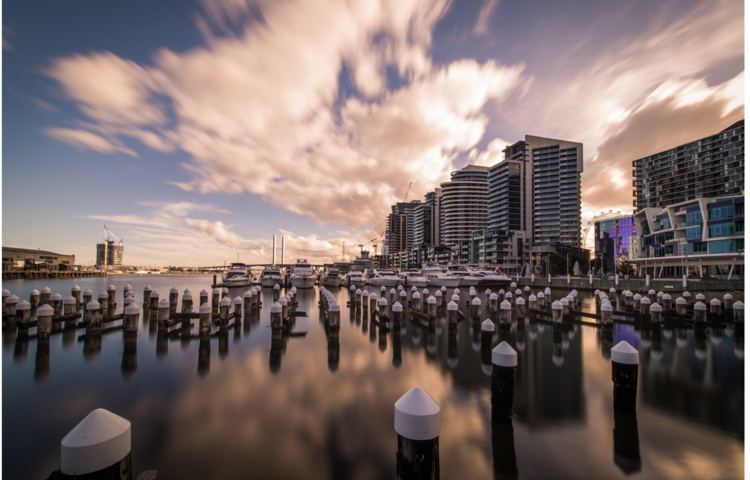- Suite 17 / 79 Manningham Road, Bulleen VIC 3105
- 0406 197 099
- hello@pmafinance.com.au
CBA: Victoria’s tax on vacant homes may be a blueprint for other cities in Australia

Melbourne suburbs where you can’t buy a house for under $1 million
07/03/2017
Cafes, restaurants, hair and beauty salons on the ATO’s radar as it steps up cash economy fight
07/03/2017Following in the footsteps of policymakers in Vancouver, the Victorian government announced yesterday that it will introduce a 1% “Vacant Residential Property Tax” from January 1 next year, designed to raise revenue from investors who choose not to occupy or rent out a vacant dwelling.
It will be based on the improved value of a taxable property, and will target homes around the inner and middle suburbs of Melbourne.
For an investor with a vacant property worth $500,000, the tax will raise $5,000 per annum.
While details of the tax are yet to be finalised — including which investors who will be exempt — Jarrod Kerr, interest rate strategist at Commonwealth Bank, already likes the plan, suggesting that it will not only help to unlock supply, and potentially stymie demand, but that it may also prove to be a blueprint for other major cities that have seen a sharp increase in foreign ownership in recent years.
“The Melbournian tax is a clean way of targeting empty dwellings, or land bankers,” says Kerr, acknowledging that it is non-discriminatory, merely targeting investors who chose to leave their properties vacant.
He says that many investors are choosing to buy properties as a store of wealth rather than for occupation purposes, which in turn limits rental supply.
“(It’s) a fair price to pay, and one well and truly covered by any capital gains,” says Kerr.
“Dwellings may be rented out, or land bankers may simply see the 1% tax on a lower than actual value as a cost of holding the safety deposit box.”
Kerr says that it will also help to encourage faster development and help the Victorian government pay for the first home owner initiatives.
Seemingly a win-win scenario in his opinion, and one that he suspects will be replicated in other major cities where foreign investment has grown in population in recent years.
“I think this will lead to similar moves in Sydney, and Auckland,” says Kerr.
“Not only does it address the “foreign buying” issues, it enables a focus on first home buyers, and would probably boost votes from those disenfranchised.”
Source: Business Insider Australia





